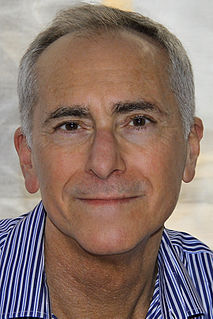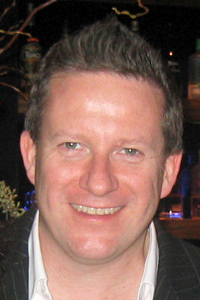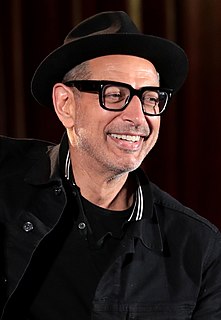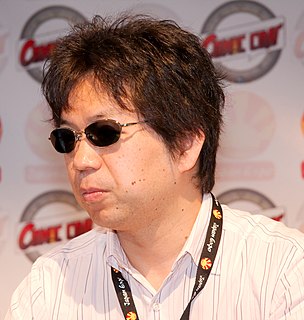A Quote by A. Scott Berg
By the '40s, Sam Goldwyn is a very serious man. By the '50s, he's the dean of American producers. To the end, he was Hollywood's gray eminence.
Related Quotes
I think Hollywood has gone in a disastrous path. It's terrible. The years of cinema that were great were the '30s, '40s, not so much the '50s...but then the foreign films took over and it was a great age of cinema as American directors were influenced by them and that fueled the '50s and '60s and '70s.
When I came to Hollywood, I would take the opportunity to get to know George Stevens or Willy Wyler or Billy Wilder or Freddie Zinnemann. David Lean I got to know, of course, in London. And David Selznick and Darryl Zanuck, not to mention Jack Warner, and Sam Goldwyn was actually very, very nice to me.
Making African American films are hard in Hollywood. We need to rely on a support network and bring more cohesion to different filmmakers, actors, producers etc. It's a very difficult business. There aren't a lot of Africans Americans or people of color in high positions in Hollywood that we can green-light films.
Zen's greatest contribution is to give you an alternative to the serious man. The serious man has made the world, the serious man has made all the religions. He has created all the philosophies, all the cultures, all the moralities; everything that exists around you is a creation of the serious man. Zen has dropped out of the serious world. It has created a world of its own which is very playful, full of laughter, where even great masters behave like children.
I just kind of had my own impressions growing up with Hoover as a heroic figure in the 40s - actually the 30s, 40s, and 50s and beyond - but this was all prior to the information age so we didn't know about Hoover except what was usually in the papers, and this was fun, because this was a chance to go into it [ during filming 'J. Edgar Hoover' ]








































